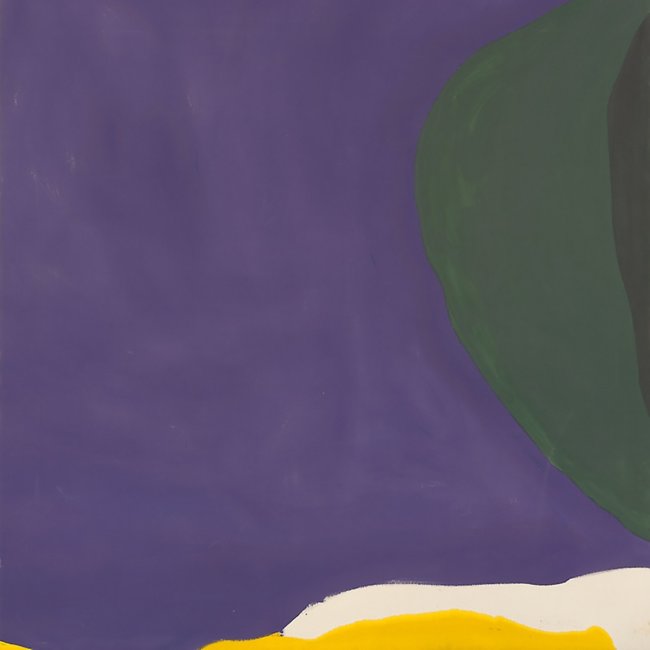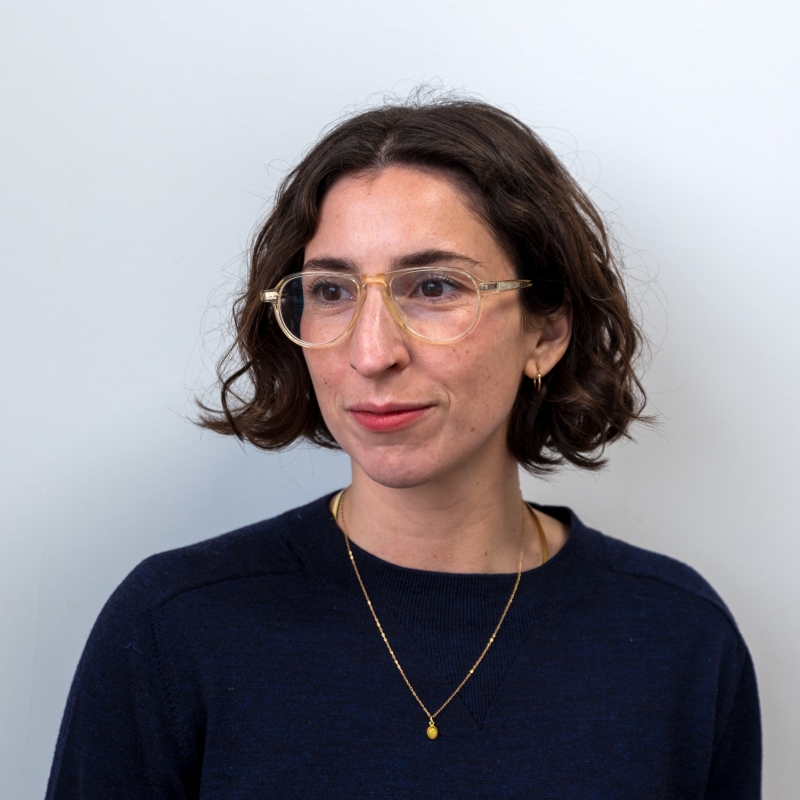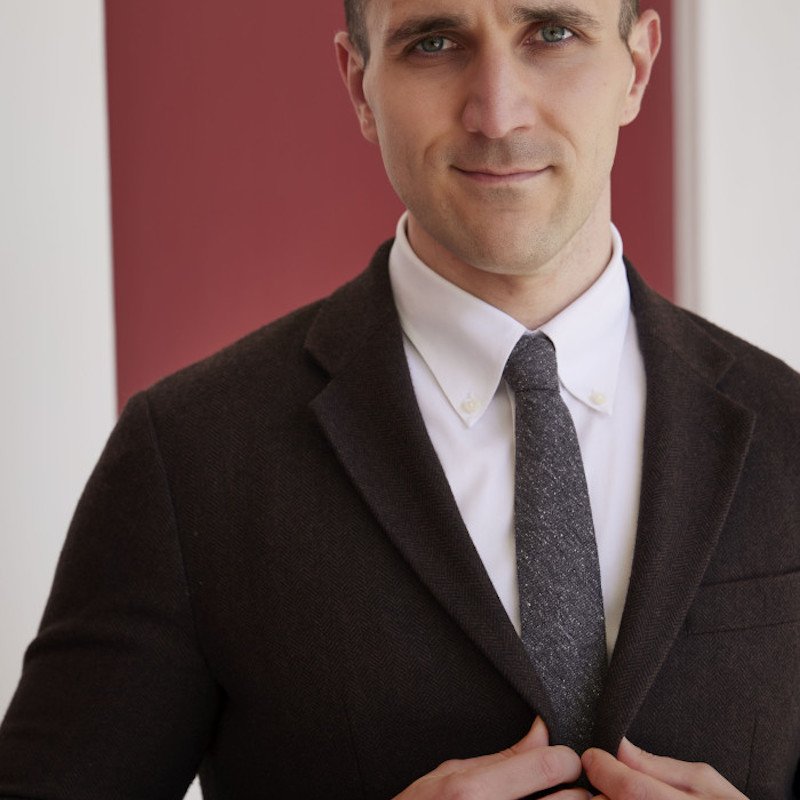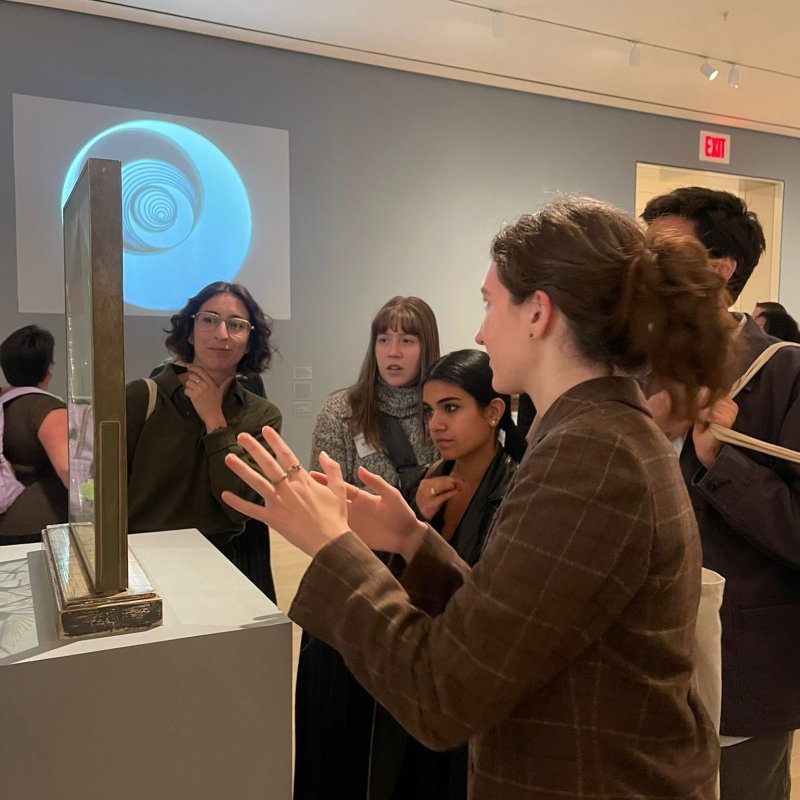Helen Frankenthaler Fellowship Endowed
January 28, 2020

The Helen Frankenthaler Foundation announced a $500,000 gift to the University of Chicago’s Department of Art History, one of five new institutional partners for the Frankenthaler Scholarships, a multi-year initiative that has dedicated more than $4 million to art and art history graduate programs nationwide. In addition to the University of Chicago, the Foundation awarded $500,000 to The Graduate Center, CUNY; Harvard University; the Institute of Fine Arts at New York University; and Stanford University to support the creation of endowments that will provide one or more named annual fellowships to doctoral students studying art history.
Frankenthaler (1928–2011) counts among the most significant American painters of the 20th century, widely credited for her pivotal role in the formation of Color Field painting in the wake of Abstract Expressionism. Best known for her invention of the soak stain technique, where paint soaks into an unprimed canvas, she experimented throughout her six-decade long career, producing a large body of work in paintings, prints, works on paper, and woodcuts. Her impact on modern art has been profound, and her reputation continues to grow.
“Helen was passionate about art education,” stated Clifford Ross, Chair of the Helen Frankenthaler Foundation’s Board of Trustees. “Having benefited from her years at Bennington College, she maintained an active lecture schedule at universities and art schools across the US. We are very excited to be supporting these five outstanding doctoral programs in art history by endowing the Frankenthaler scholarships, as our gifts reflect Helen’s deep passion for the history of art.”
As a discipline, art history is one of the most research-intensive fields, according to Christine Mehring, the Mary L. Block Professor and Chair in the Department of Art History in the Division of the Humanities at the University of Chicago. “Artists like Helen Frankenthaler understand how important it is to see original art rather than even the best digital reproduction, which almost always means traveling. That requires time and resources,” she said. Moreover, “Modern artists of her generation, active in the 1950s and 1960s, are slipping away, which means our work as modern art historians is changing and requires a different kind of research. This Helen Frankenthaler Fellowship recognizes modern art is now historical.”
Over the years, art historians, artists, and curators have renewed their focus on the achievements and contributions of women artists, and this awareness has helped re-introduce and reposition Frankenthaler as one of the leading late-20th century abstractionists. “We are very dedicated to expanding recognition for women artists,” Mehring said. “By all accounts, Frankenthaler was not a feminist; she just wanted to be recognized as an artist. Fortunately, she did receive critical, intelligent attention early in her career. We are honored to help advance her legacy.”
The first Frankenthaler Fellowship will be awarded for the 2020–2021 academic year, and preference will be given to students who simultaneously hold an internship in a local museum such as the Art Institute of Chicago and who study modern art. Students will apply in the winter quarter and the Department of Art History’s graduate affairs committee will annually select the most competitive student.







